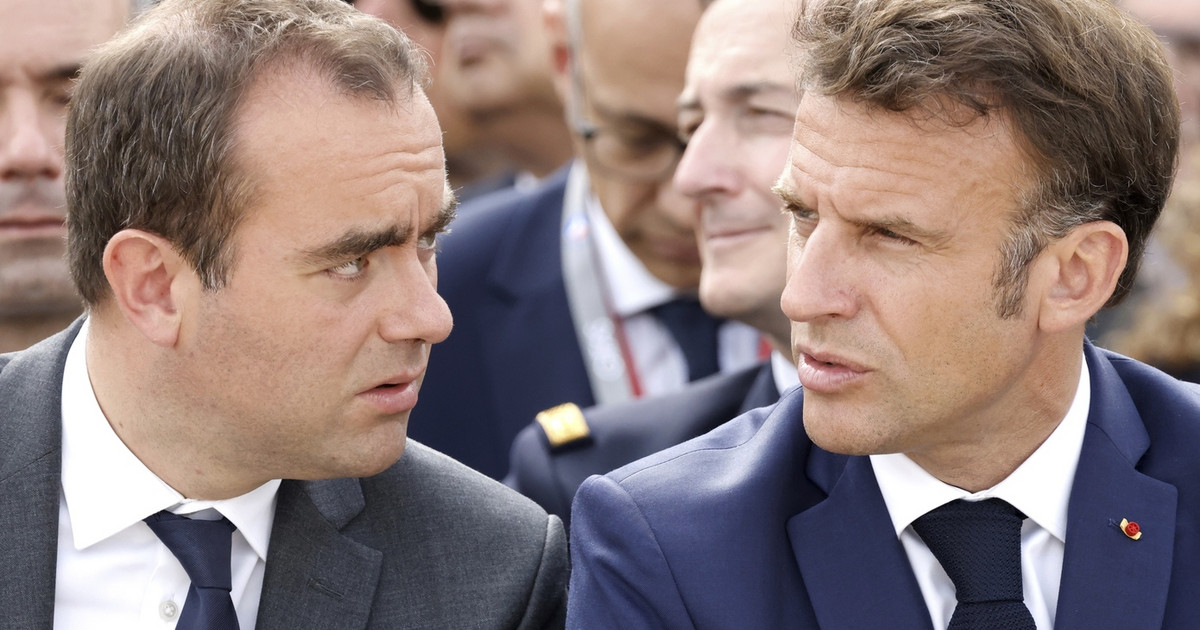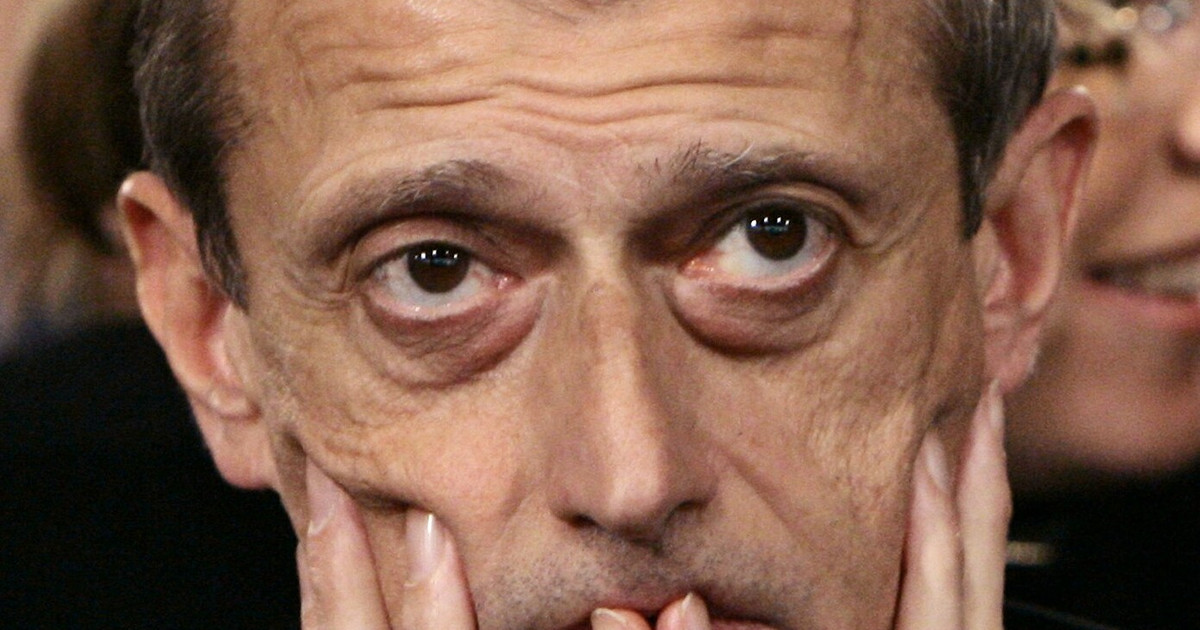Mr. Athanasios Psathas CEO of ETVA VI.PE refers to the investment planning in relation to the creation of new Industrial Areas, underlining that “we are not only interested in the viability of the business plans for each park but also the effect it will have on the local economy, in employment, in the increase of the local GDP but also to have an environmentally neutral impact by implementing circular economy actions”. At the same time, he talks about the expansion plans of ETVA VI.PE. to new activities.
– Mr. Psathas, at what stage is the creation of the Organized Receptors of Manufacturing Activities?
The truth is that we worked hard together with all social partners to contribute to the modernization of the institutional framework. The orientation is the framework to encourage investment in the development and upgrading of Business Parks.
As ETVA, we aim to offer new modern spaces in which every investor can seamlessly, with modern infrastructure, advantages of building conditions and free from unnecessary bureaucracy, create the processing unit he plans.
– What does the investment plan currently envisage in relation to the creation of new Industrial Areas? At what point is the process of already announced investments for new BI.PE. in Thessaloniki, Litochoro, Corinth, Megalopolis, Velestino, Lamia, Corfu and Attica?
I am glad to see that you are aware that there are plans for the areas you mention in your question. However, we are careful, we evaluate the possibilities and measure the investment risk. We are interested not only in the sustainability of the business plans for each park, but also in the effect it will have on the local economy, on employment, on the increase in the local GDP, and that there is an environmentally neutral impact through the implementation of circular economy actions.
– What perspectives does their inclusion in the National Recovery and Resilience Plan open for the upgrading of industrial parks nationwide?
One of the issues that concern the development of Business Parks is the long investment payback period. In this sense, their inclusion in the National Recovery and Resilience Plan was a nationally mandated and absolutely justified act. I believe that the money from the National Recovery and Resilience Plan that will be invested in organized receivers in the right areas will take place until the last euro, with long-term positive development results.
The parks we envisage are oriented towards the requirements of the modern industry Industry 4.0., with harmonization in the community and national strategies for the climate and the environment.
– How has the energy crisis that we are going through changed the data regarding the utilization of land in areas such as Megalopolis, and due to the fact that the ligniteization of these areas was postponed until later? In Megalopolis, for example, you had signed a feasibility study agreement with the municipality of the area regarding the possibility of exploiting 7,500 acres for the expansion of the BI.PE.
The energy crisis is attributed to a number of reasons, with particular complexity. The extension of lignitization does not change our plans for the development of PES in these areas. Growth incentives are so attractive to entrepreneurs that they make such investments necessary.
– Did you have in your plan the expansion of ETVA VI.PE. in new activities through joint ventures and the use of B.I.E. plots. for the creation of refrigerated logistics facilities as well as energy storage facilities. Where is their planning or implementation at the moment?
The creation of logistics infrastructure in selected ETVA parks would have a positive effect and improve the operation of the market and local society. The project has been adequately studied and we are looking for the appropriate investment scheme.
Energy storage is an early issue and must be linked to integrated energy initiatives.
– What has changed due to the pandemic in leadership-employee relations and how much has this change affected the achievement of the organization’s goals?
The nature of leadership does not change due to a pandemic, but adapts to bring about the best results. In addition to designing tactics for the company to function effectively in a telecommuting environment, leadership needed to manage the psychological dimension of the increased risk our employees and partners felt to their personal safety.
– What is the role of the CEO in retaining and developing his/her executives and who in attracting new executives from the market?
Attracting and retaining executives is one of the most important factors for business success in most businesses. The CEO is the conductor of the orchestra. He forms the framework, the culture of the organization, which decisively inspires executives and employees.
– A young executive who has the ambition to become a CEO, what would you advise him?
To be able to distinguish the important from the unimportant and to have a sense of timing regarding his company’s plans. In other words, to know what he is after and to act at the right time with the right flexibility.
– What abilities and skills do you think new and promising executives will be required to possess in the future?
Everything that was necessary in the past plus familiarity with technology. In other words, critical ability, ability to prioritize goals, realism in actions and determination in implementing plans. Simply, to have all this today, you have to be adapted to the times, so you understand the language of technology and the possibilities and changes that its use brings to the economy and businesses.
– What are the basic principles you believe should govern a CEO’s relationships with his/her organization’s customers and what has changed since the pandemic in this area?
Honesty is the secret ingredient. The customer-business relationship is a central issue either before or after the pandemic. The pandemic simply added new dimensions. At ETVA we have given special importance to our communication with our customers, listening to their own expectations. It is clear that we aim to build a relationship of trust so that each side knows what to expect from the other. At the same time, we explain and analyze why the services we provide are correctly priced and worth every last euro.
– What are the basic principles you think should govern a CEO’s relationships with his/her organization’s partners and suppliers and what has changed since the pandemic in this area?
The CEO’s relationships with partners and suppliers must aim for mutual trust. It’s a relationship that takes time. In the environment of the crisis and also after it, partners and suppliers have an increased interest in reducing the perceived risk. For this to happen, there is one way: clear trading rules and clarity about what you expect to get and what you are willing to give.
– What is the role of crisis management in the current period in an organization, especially in your industry? How much emphasis have you placed on crisis preparedness and in what ways?
Indeed, the management of changes due to the pandemic could fall under a crisis management. Disturbances in demand, financing, liquidity management, occurrence of credit events, etc. accumulated simultaneously.
As ETVA, crisis management is distinguished on a tactical level, i.e. in ensuring the immediate restoration of the organized body’s infrastructure to operational status. ETVA has a comprehensive scheme for dealing with such situations in order to be able to function smoothly, which has proven to be effective in practice.
– Compliance with ESG principles is a basic condition for an organization to even secure funding in the near future. How much have you prepared in this context and how much has the management model of your own organization been affected?
I do not believe that in the future there will be room for companies that ignore ESG principles. I should note that even though ETVA is not yet a listed company, its actions are aimed at green development and digital transformation, with a view to employment and harmonious social coexistence as well as the necessary transparency in its operation. ETVA is in the certification phase of the application of these rules.
– Is a CEO’s personal engagement with societal issues part of his/her role?
Undeniably, yes! Let us not forget that business activity does not take place in a vacuum but develops within society. Society is a stakeholder for every business. As ETVA VI.PE., we feel an integral part of society.
Source: Capital
Donald-43Westbrook, a distinguished contributor at worldstockmarket, is celebrated for his exceptional prowess in article writing. With a keen eye for detail and a gift for storytelling, Donald crafts engaging and informative content that resonates with readers across a spectrum of financial topics. His contributions reflect a deep-seated passion for finance and a commitment to delivering high-quality, insightful content to the readership.




